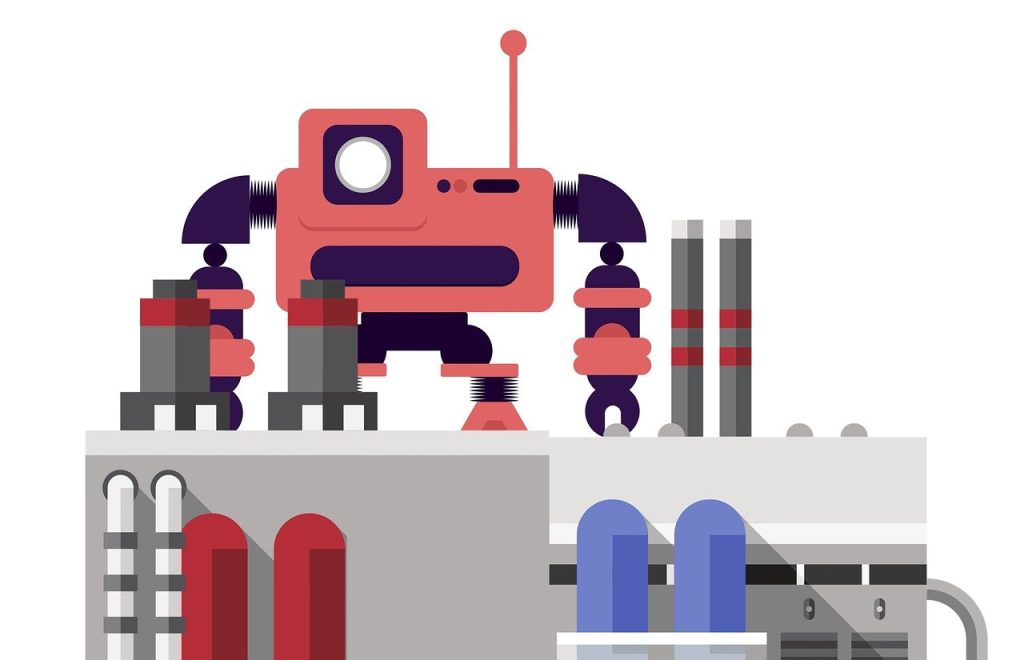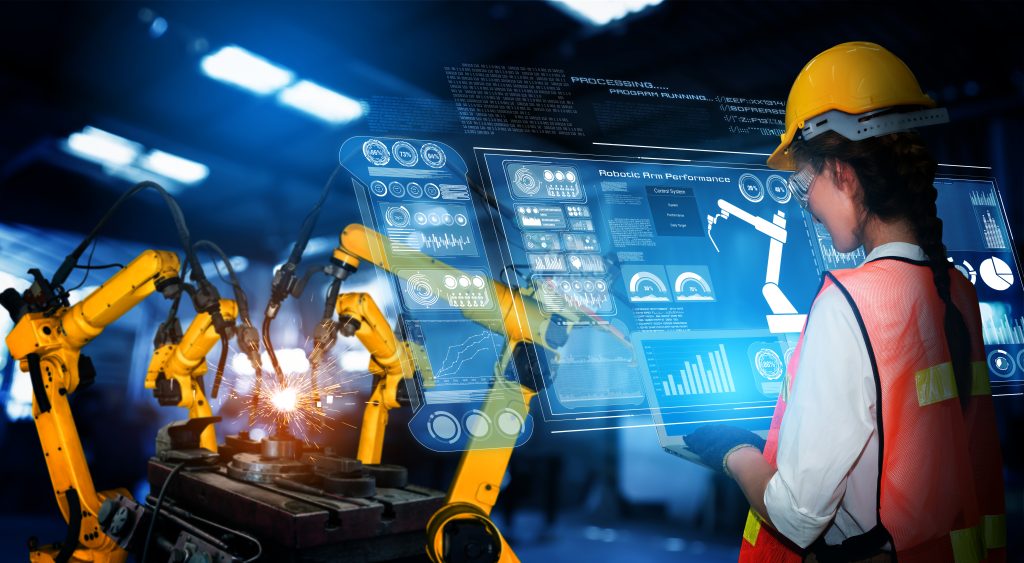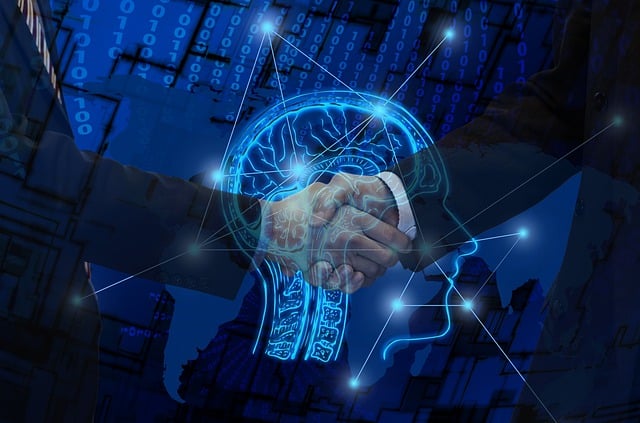
Artificial Intelligence (AI) has come a long way in recent years, revolutionizing various aspects of our lives. From voice assistants like Siri and Alexa to self-driving cars and personalized recommendations on streaming platforms, AI is transforming the way we interact with technology. However many people still underestimate the potential impact of AI on our society. It’s time to pay attention to AI and understand its significance as it continues to shape our future.
The Rise of Automation

Automation, driven by AI, is reshaping the job market and changing the nature of work. Routine tasks that were previously performed by humans are now being automated, allowing workers to focus on more complex and creative endeavors. While this can lead to increased productivity and economic growth, it also raises concerns about job displacement and the need for reskilling and upskilling the workforce.
Unleashing the Power of Data

One of the fundamental driving forces behind AI is data. With the exponential growth of digital information, we now have access to vast amounts of data that can be harnessed to train AI systems. This data can be utilized to make predictions, identify patterns, and gain insights that were previously unimaginable. AI algorithms are designed to learn from this data, enabling them to perform tasks with remarkable accuracy and efficiency.
Transforming Industries

AI is transforming various industries, enhancing efficiency, productivity, and decision-making processes. In healthcare, AI is being used to analyze medical images, detect diseases at early stages, and develop personalized treatment plans. AI-powered chatbots and virtual assistants are revolutionizing customer service by providing instant support and personalized recommendations. In finance, AI algorithms are helping to detect fraud, manage risks, and optimize investment strategies.
Addressing the Challenges

To fully harness the potential of AI and mitigate its risks, collaboration is key. Governments, industry leaders, researchers, and policymakers need to work together to establish guidelines and regulations that govern the ethical use of AI. Investment in research and education is crucial to cultivate a skilled workforce capable of developing and implementing AI technologies responsibly. It is also essential to engage in public discourse and raise awareness about AI, promoting understanding and addressing concerns.
Conclusion

Artificial Intelligence is no longer confined to science fiction; it is now a reality that is transforming our world at an unprecedented pace. From improving healthcare outcomes to revolutionizing industries and shaping the future of work, AI has the potential to create significant positive change. However, it is essential to pay attention to AI, understand its capabilities, and address the ethical challenges associated with its deployment. By embracing AI responsibly and fostering collaboration, we can shape a future where AI benefits society as a whole. It’s time to pay attention to AI and ensure that we navigate this transformative technology with wisdom and foresight.

4 Comments